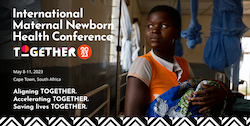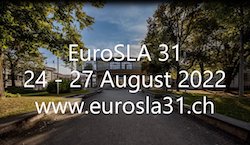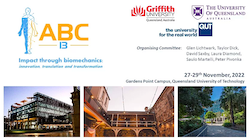The adoptive cell transfer (ACT) of tumor-specific T cells has emerged as a potent treatment against some advanced cancers. For example, ACT of ex vivo expanded tumor infiltrating lymphocytes (TILs) has achieved durable and complete responses in about 20% of melanoma patients receiving a single transfusion. In addition, TCR-redirected T cells targeting the cancer testis antigen NY-ESO-1157-165 have shown important clinical promise against melanoma, myeloma, and synovial sarcoma. Furthermore, ACT with peripheral blood T cells gene-modified to express chimeric antigen receptor (CAR) T cells targeting the B-cell lineage antigen CD19 has led to complete remission for up to 90% of some advanced, treatment-refractory hematological cancer patients.
However, unprecedented responses to CAR therapy have not been achieved against epithelial-derived solid tumors, by far the most common category of cancers. Indeed, solid tumors present a variety of barriers to CAR therapy, including that there is a paucity of tumor antigens not also found on healthy tissues, thus running the risk of on-target but off-tumor toxicity. Hence, both TCR- and CAR T cells face a range of immunosuppressive barriers in the solid tumor microenvironment (TME), which can be detrimental to their persistence and function.
Creative Biolabs has invited Dr. Melita Irving to join us in this webinar section and discuss the latest findings of her research team on an innovative CAR design, hoping to provide insights into the engineering strategies for improving the efficacy and safety of CAR and TCR cell therapies against cancer.
During this webinar, the following topics will be discussed:
The use of syngeneic tumor models to evaluate the ability of co-engineered murine CAR T cells to reprogram the TME and boost T cell function
The use of low-doses of irradiation to inflame cold tumors and render them responsive to rational combinatorial immunotherapy
The novel STOP-CAR to integrate efficacy and safety directly into CAR design
![]()
Advertisements









 Go to Event Website
Go to Event Website